CBE 360 Survey Toolkit
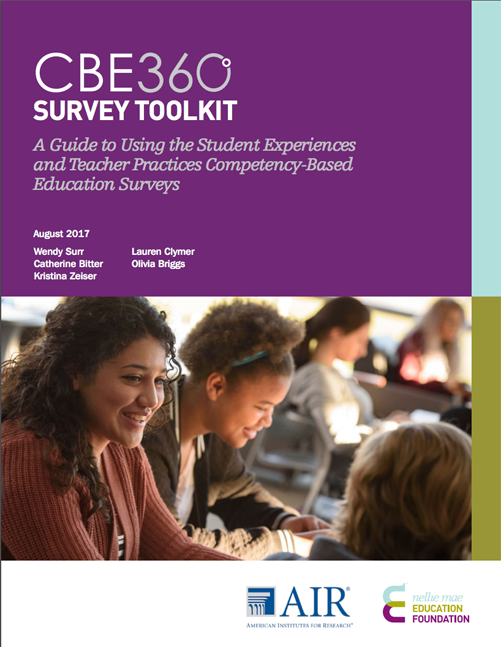
Competency-based education (CBE) allows students to master skills and knowledge at their own pace. This toolkit, developed by American Institutes for Research (AIR) features surveys from a recent AIR CBE study which schools can administer to gain a comprehensive picture of CBE implementation in six research-based core areas: learning targets, measurement of learning, instructional approaches and supports,… Read More ›
Informing Progress Insights on Personalized Learning Implementation and Effects
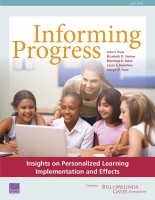
This report and accompanying research brief, written by the RAND Corporation and funded by the Bill and Melinda Gates Foundation, synthesizes findings from a study of the personalized learning (PL) practices at schools in the Next Generation Learning Challenges (NGLC)’s Breakthrough School Models program. Researchers identified the PL strategies used and implementation challenges faced by these schools… Read More ›
New Hampshire Teachers Build New Ways to Measure Deeper Learning
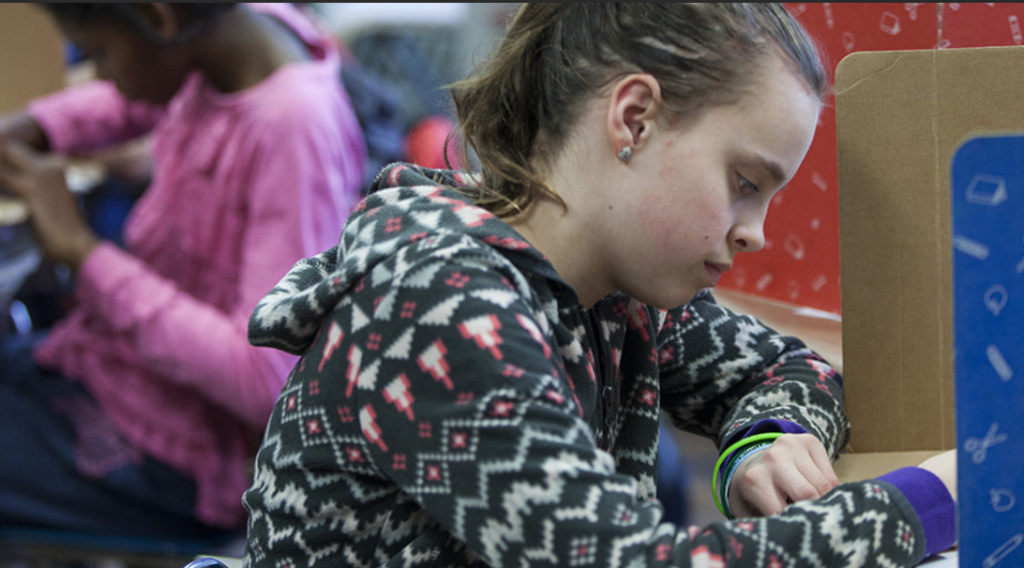
This article explores the successes of a pilot group of New Hampshire districts, as they move from standardized testing to a more performance-based assessment system. New Hampshire is at the forefront of moving schools to a competency-based model, and the article highlights the advantages for students and educators. The author shares classroom examples of project-based… Read More ›
Training Teachers for Competency-Based Learning Classrooms
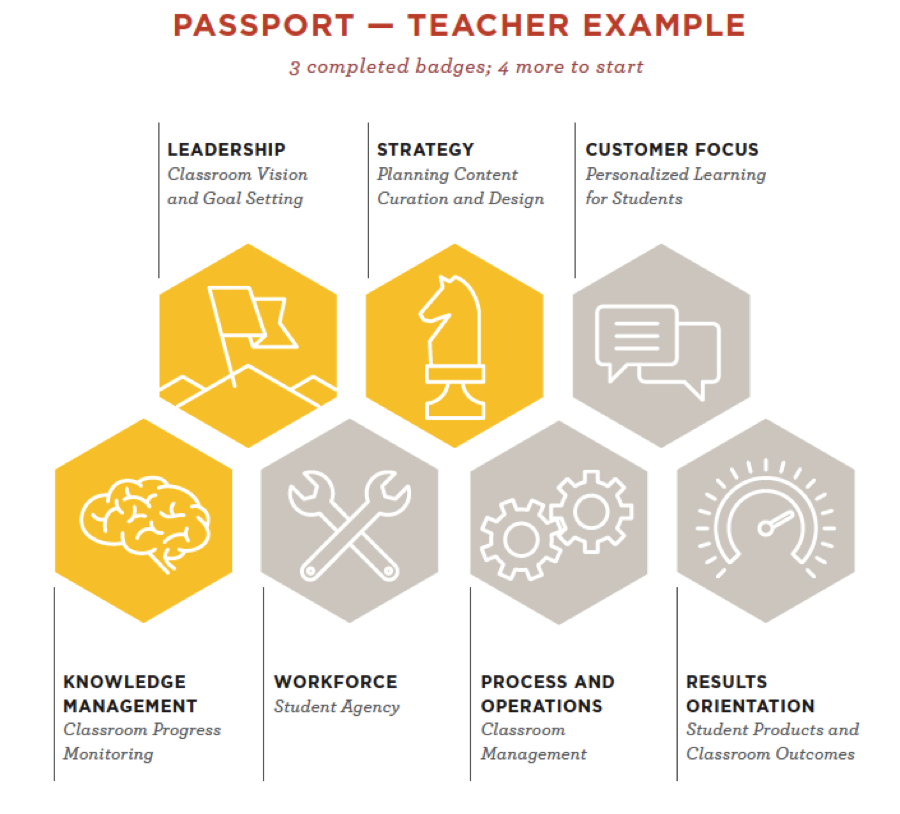
This article, written by the founder of Matchbook Learning, a non-profit charter school operator in Detroit and Newark, shares best practices for designing teacher professional learning to support a competency-based model. He discusses how they created effective teacher trainings based on three design principals that mirror the competency-based experiences they want to provide students: Deliver training through a… Read More ›
The Seven Principles for Inclusive Education
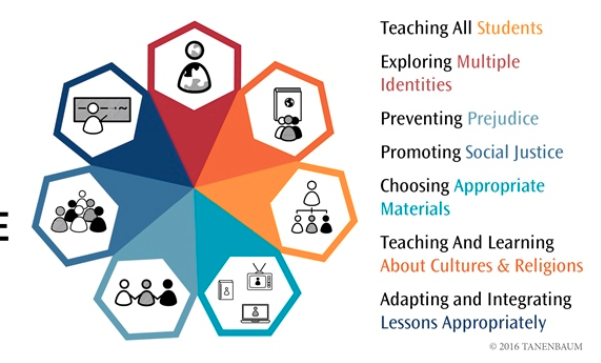
This framework outlines seven principles that can serve as a foundation for teacher training and professional development focused on equity. The framework was developed by Tanenbaum, an organization that works to combat religious discrimination and hate. It comes in both a two-page, and an in-depth format filled with strategies and suggestions. Some of the principles include: How… Read More ›
Goodbye ABCs: How One State is Moving Beyond Grade Levels and Graded Assessments
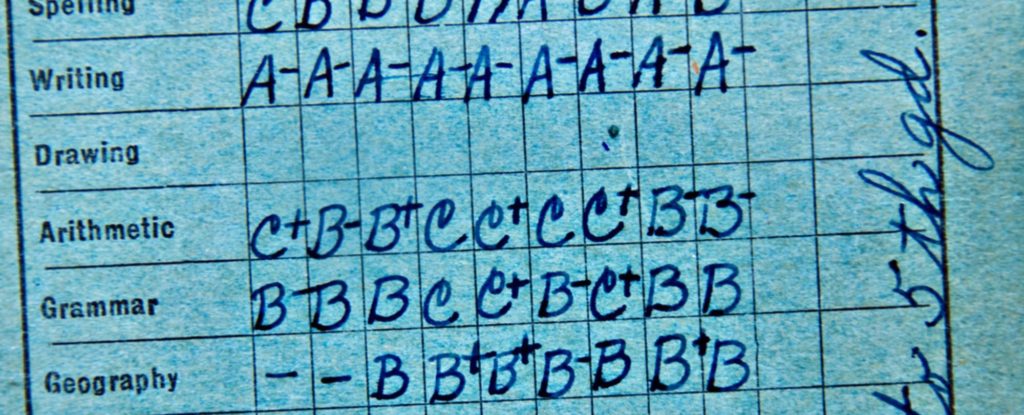
This article explores the No Grades, No Grades (NG2) program in New Hampshire, where seven elementary schools are participating in a pilot, slowly moving away from both traditional age-based grouping of students into grades and assessment based on letter grades. Instead the schools are embracing the following 6 tenets: project-based learning, learner agency, whole person development, blended learning… Read More ›
The MyWays Initiative
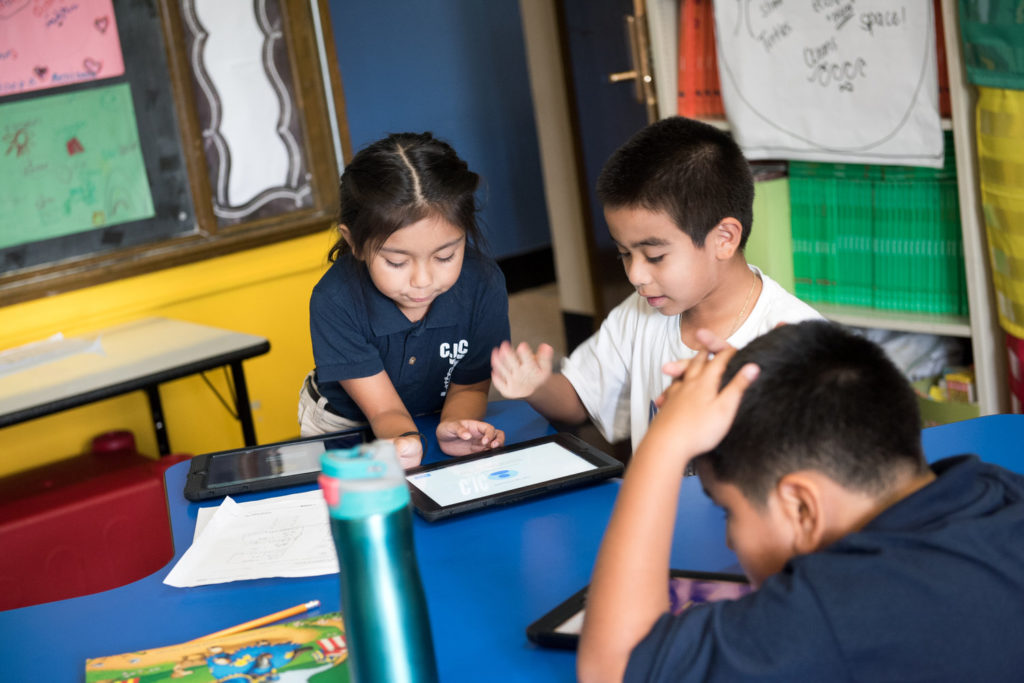
MyWays is an initiative of Next Generation Learning Challenge (NGLC). It is an effort to synthesize a broader, deeper definition of student success: success for learning, working, and living in the fast-changing world facing today’s youth. The initiative seeks to help school communities address big questions in education today by: Fully understanding why a changing world requires reimagining… Read More ›
Policy, Pilots and the Path to Competency-Based Education
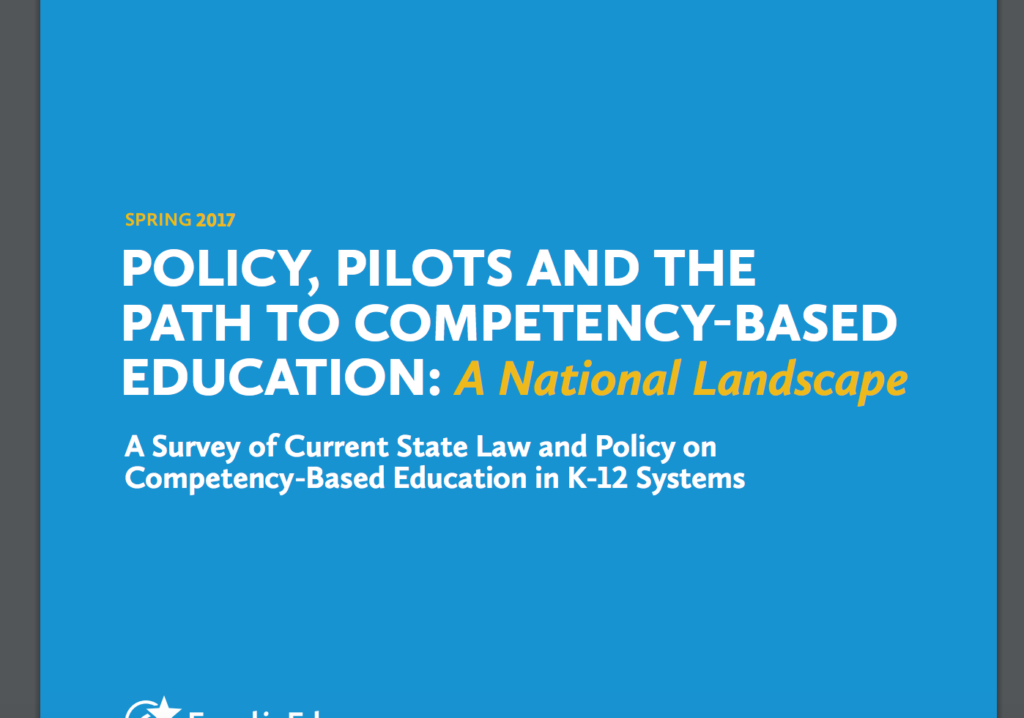
This report, produced by the Foundation for Excellence in Education and EducationCounsel, surveys the existing state laws and policies that support competency-based education in K-12 nation-wide. The report explores the creation of innovation and pilot programs, which can be the first step for policymakers. Pilots allow schools and local education agencies (LEAs) to harness existing… Read More ›
Innovative Engagement Strategies for ELA and Humanities
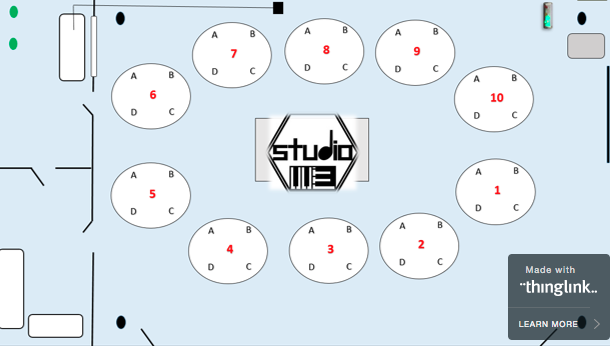
This resource pulls together the work of John Hardison, an interactive facilitator of learning and blended learning specialist at East Hall High School (Studio 113 & EPiCC) in Gainesville, Georgia. Hardison, a veteran teacher of English Language Arts (ELA) and the humanities, focuses on creativity, interactive structures, and student choice to bring literature to life. The first… Read More ›
Better Lesson

This website, developed by BetterLesson, is a personalized professional development platform dedicated to preparing and supporting teachers, through access to effective instructional practices and curriculum. Better Lesson has recruited over 130 master teachers from across the country to share both the “how” (instructional strategies, techniques, classroom management) and the “what” (full curriculum including comprehensive day-to-day lessons… Read More ›
Blended Learning and Expanded Learning Time at Morton Middle School
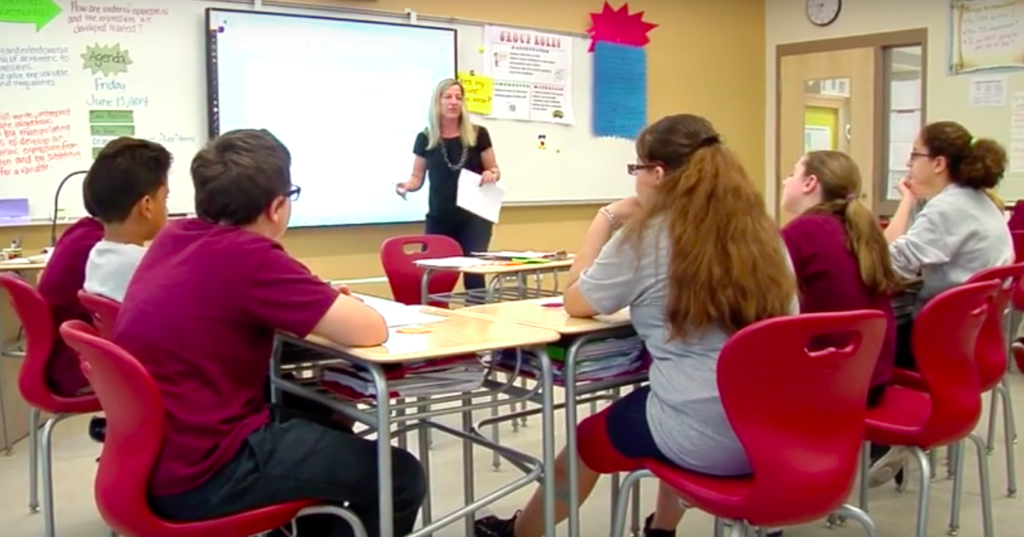
This video, features interviews with students, teachers, and administrators from Morton Middle School in Fall River, MA discussing blended learning and an extended learning day. The video illustrates in-depth how math and ELA teacher teams have implemented a blended learning model, using station rotation and flexible grouping, within a 90 minute class period. Students discuss how the blended learning class has impacted… Read More ›
Making Equity a First Principle of Personalized Learning
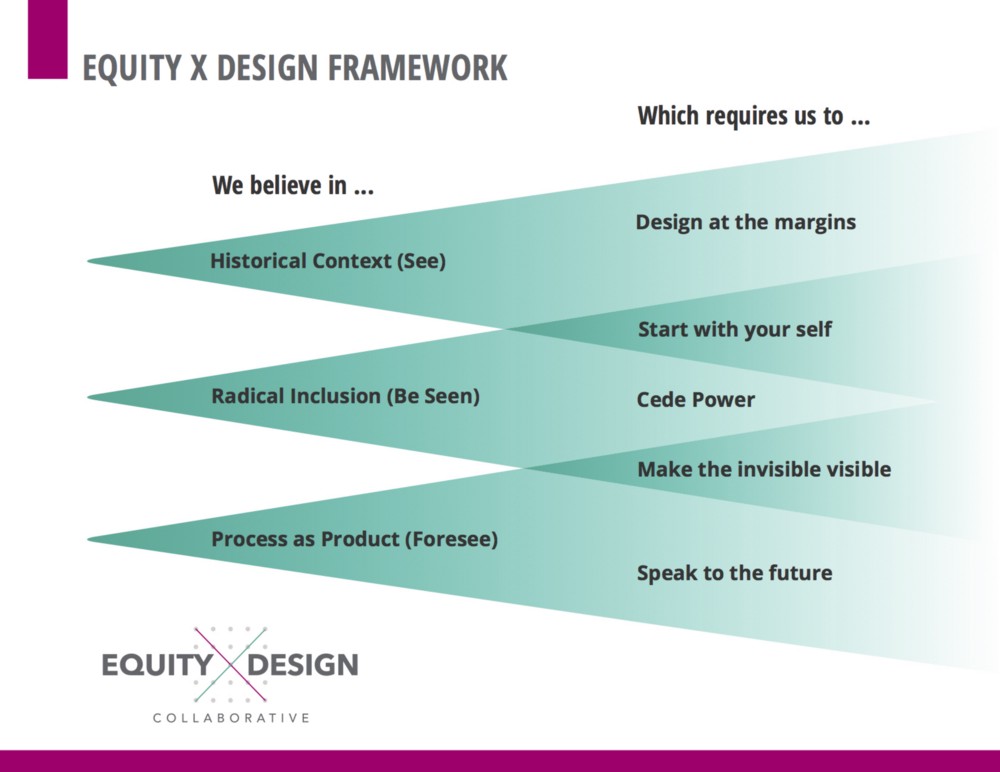
This article by Julia Freeland Fisher, the Director of Education Research at the Clayton Christensen Institute, discusses the importance of working to achieve more equity in education. She asserts that it is not enough to create new personalized and engaging learning opportunities for kids and assume that equity will magically be achieved. Instead, to ensure the unequal… Read More ›